I started writing for the theatre because I hated it
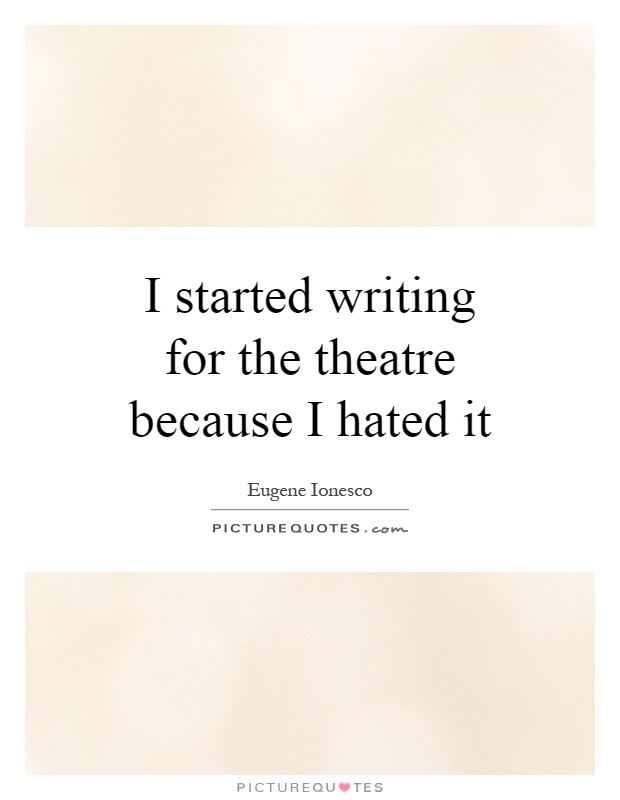
I started writing for the theatre because I hated it
Eugene Ionesco, a Romanian-French playwright known for his absurdist and avant-garde works, famously stated that he started writing for the theatre because he hated it. This seemingly contradictory statement sheds light on Ionesco's unique perspective on the art form and his desire to challenge traditional theatrical conventions.Ionesco's disdain for the theatre can be traced back to his early experiences as a spectator. He was disillusioned by the formulaic nature of mainstream theatre, which often relied on clichéd plots, predictable characters, and conventional storytelling techniques. This dissatisfaction with the status quo fueled his desire to subvert and deconstruct the traditional norms of theatre through his own writing.
In his plays, such as "The Bald Soprano" and "Rhinoceros," Ionesco sought to disrupt the audience's expectations and provoke them into questioning the absurdity of everyday life. By employing surreal and nonsensical elements, he aimed to challenge the boundaries of reality and push the limits of what could be considered "acceptable" in the theatre.
Ionesco's use of language was also a key component of his theatrical rebellion. He often played with words, creating nonsensical dialogues and absurd conversations that defied logic and coherence. This linguistic experimentation served to highlight the limitations of language and the inherent absurdity of human communication.
Through his provocative and unconventional approach to playwriting, Ionesco sought to dismantle the traditional structures of theatre and create a new form of dramatic expression. By embracing his hatred for the theatre, he was able to channel his frustration into a creative force that revolutionized the art form and inspired generations of playwrights to think outside the box.
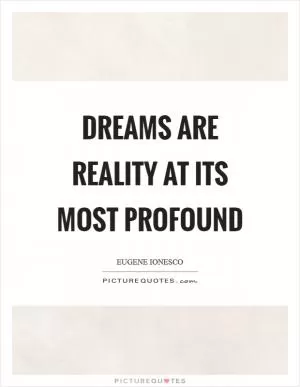
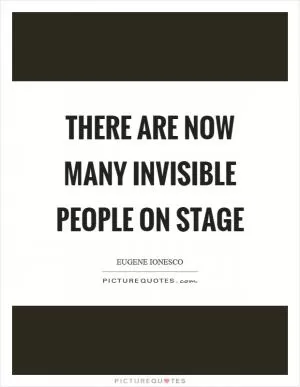


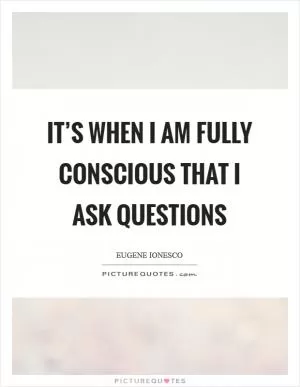




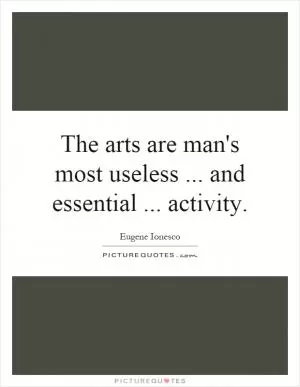


 Friendship Quotes
Friendship Quotes Love Quotes
Love Quotes Life Quotes
Life Quotes Funny Quotes
Funny Quotes Motivational Quotes
Motivational Quotes Inspirational Quotes
Inspirational Quotes